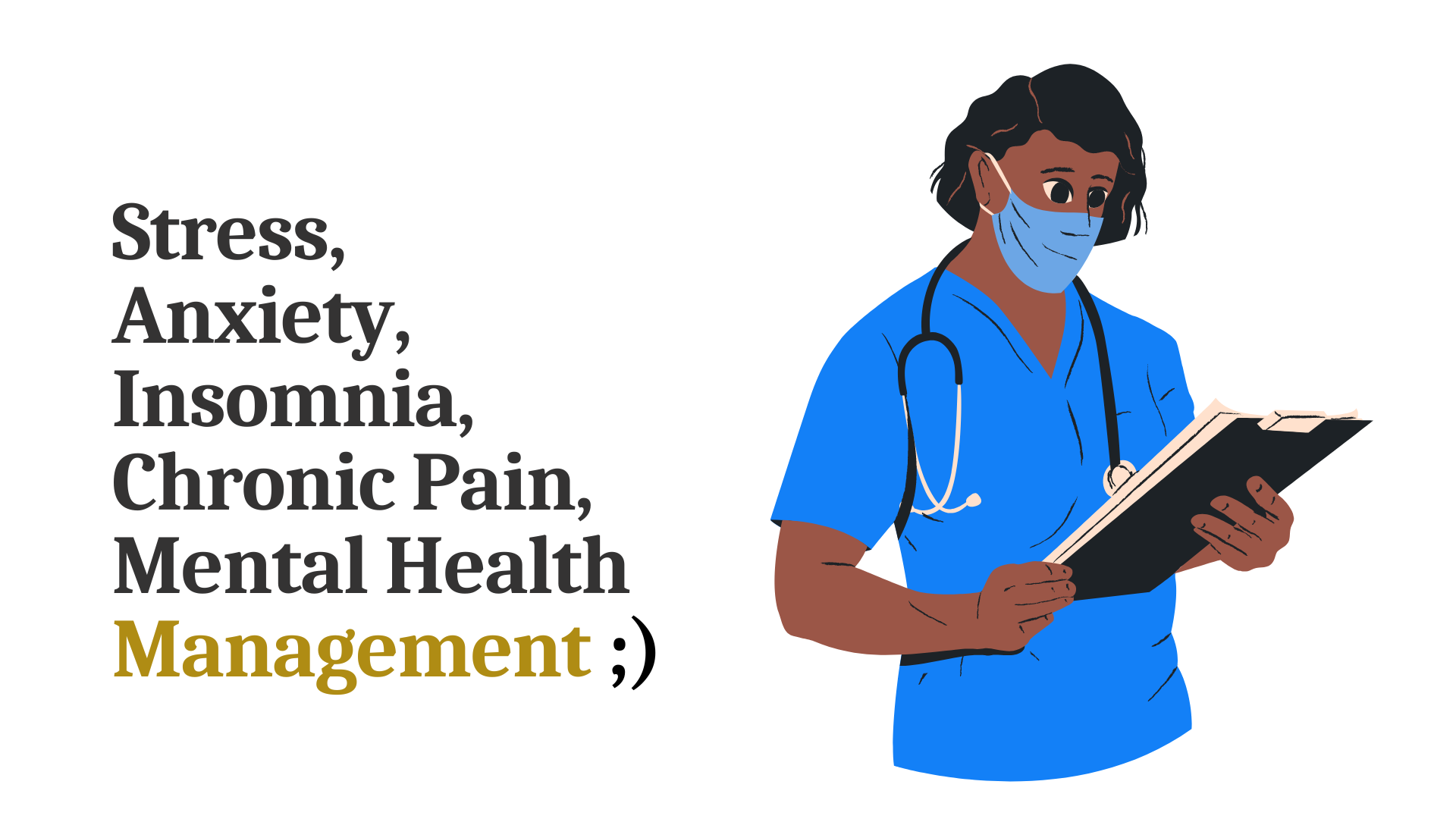How does anxiety affect your daily life and growth?
 Trustphama
Trustphama
Anxiety can have a significant impact on both daily life and personal growth. Here’s how it manifests in various aspects:
Daily Life
Physical Health:
Sleep Issues: Difficulty falling or staying asleep, leading to fatigue.
Physical Symptoms: Increased heart rate, muscle tension, headaches, digestive problems.
Immune System: Weakened immunity, making one more susceptible to illnesses.
Mental and Emotional Well-being:
Persistent Worry: Constantly worrying about potential threats or negative outcomes.
Irritability: Increased sensitivity and quick temper.
Concentration Difficulties: Trouble focusing on tasks, affecting productivity.
Social Interactions:
Avoidance: Avoiding social situations or places that might trigger anxiety.
Communication: Struggling with expressing thoughts clearly due to nervousness.
Relationships: Strain on relationships due to withdrawal or heightened sensitivity.
Work and Academic Performance:
Procrastination: Delaying tasks out of fear of failure or making mistakes.
Performance Anxiety: Intense fear of being judged or evaluated, affecting presentations or exams.
Absenteeism: Increased likelihood of taking sick days or missing classes.
Personal Growth
Self-Confidence:
Negative Self-Image: Believing one is incapable or not good enough.
Fear of Failure: Avoiding new challenges or opportunities due to fear of not succeeding.
Goal Setting and Achievement:
Lack of Initiative: Hesitation to pursue goals or ambitions.
Stagnation: Feeling stuck and unable to progress in personal or professional development.
Learning and Skill Development:
Hindered Learning: Difficulty absorbing new information or skills due to preoccupation with anxiety.
Reduced Exploration: Reluctance to try new things or step out of comfort zones.
Emotional Growth:
Self-Reflection: Difficulty engaging in introspection and understanding personal emotions.
Resilience: Struggling to build resilience and cope with stress effectively.
Coping Mechanisms and Strategies
Professional Help:
Therapy: Cognitive-behavioral therapy (CBT) or other forms of counseling can help manage anxiety.
Medication: In some cases, medications prescribed by a healthcare provider can be beneficial. prescription sleeping pills online
Lifestyle Changes:
Exercise: Regular physical activity can reduce anxiety symptoms.
Diet: A balanced diet helps maintain overall health and well-being.
Sleep: Establishing a consistent sleep routine.
Mindfulness and Relaxation Techniques:
Meditation: Practicing mindfulness or meditation to stay present and reduce stress.
Breathing Exercises: Techniques like deep breathing can help calm the nervous system.
Support Networks:
Social Support: Building a network of supportive friends and family.
Support Groups: Joining groups where individuals share and support each other’s experiences with anxiety.
Time Management:
Structured Routine: Creating a daily schedule to provide a sense of control.
Break Tasks: Dividing tasks into smaller, manageable steps.
Understanding and addressing anxiety is crucial for maintaining daily functionality and fostering personal growth. By implementing coping strategies and seeking appropriate support to buy anti anxiety medication uk, usa, and Europe, individuals can mitigate the adverse effects of anxiety and enhance their quality of life.
Subscribe to my newsletter
Read articles from Trustphama directly inside your inbox. Subscribe to the newsletter, and don't miss out.
Written by

Trustphama
Trustphama
Trustphama is a health and wellness help center as we deliver FDA-approved mental health, chronic pain, and sleep health management-related solutions with the best prices, quality, and customer satisfaction.